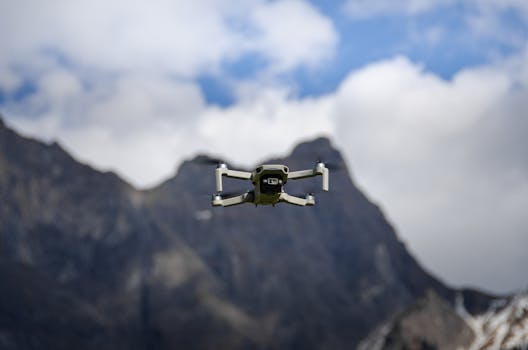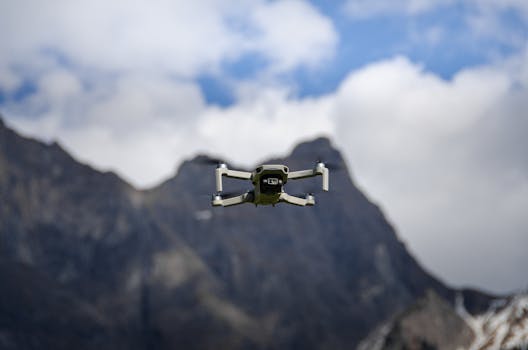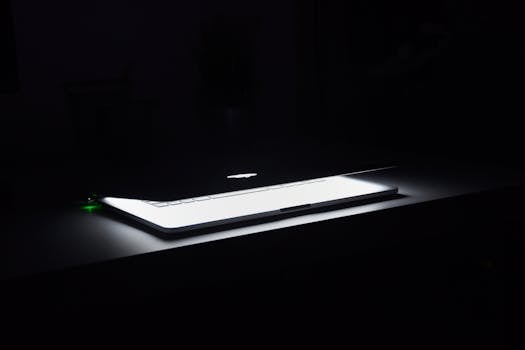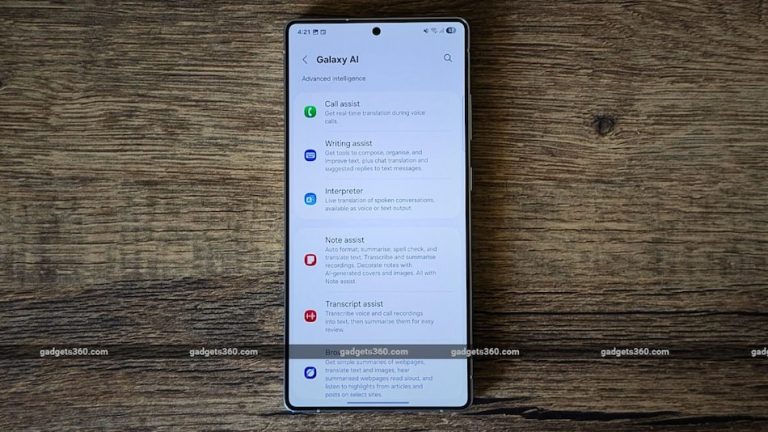
Introduction to Future Gadgets

As we advance into the next decade, the world of technology continues to evolve at lightning speed. The year 2025 is expected to unveil a plethora of innovative gadgets that will enhance our daily lives, streamline our work, and redefine interactions. From smart homes to wearable technology, let’s delve into some of these tech marvels that await us.
Smart Home Solutions

The concept of a smart home is continuously becoming more sophisticated. By 2025, we can expect intelligent appliances with advanced AI that learn our preferences and adapt to our routines seamlessly. Voice-activated systems will control everything, from lighting to security settings, ensuring a heightened level of convenience and safety. Moreover, appliances like smart refrigerators could come equipped with features that track expiration dates and automatically order groceries.
Wearable Health Tech

The technological advancements in wearables are bridging gaps in personal health monitoring. By 2025, anticipated innovations include next-generation fitness trackers and smartwatches capable of conducting real-time health diagnostics. Imagine a device that can analyze your metabolic activity and suggest personalized health regimes instantly. As predictive health technology expands, managing our health will shift from reactive treatments to proactive wellness practices, assisted by wearables that keep us informed.
Augmented and Virtual Reality Devices

Augmented reality (AR) and virtual reality (VR) technologies are on the brink of redefining how we interact educationally, socially, and professionally. By 2025, we can anticipate lighter, more user-friendly AR glasses offering interactive virtual experiences directly integrated into our environments. Additionally, VR headsets will become more immersive, serving not just in entertainment but also in fields like workplace training and remote collaboration, creating unparalleled shared experiences across distanced teams.
Artificial Intelligence Integration

The rise of AI is likely to result in a cadre of gadgets working smarter and more intuitively. From autonomous vehicles to intelligent robotic assistants, the integration of AI will permeate various devices, with a focus on simplifying complex tasks. For instance, home robots may manage eldercare and support children’s education by offering tailored lesson plans. By 2025, generative AI might not only provide assistance – it could entirely redesign how we perceive productivity and entertainment as well.




